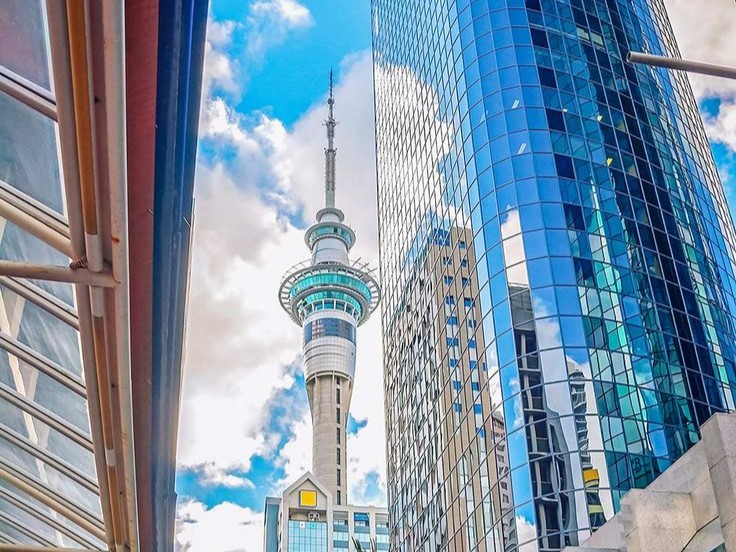Purpose
In New Zealand, a visitor visa is for those travelling for purposes such as holidaying, sightseeing, visiting family and friends, amateur sport, business consultation, medical treatment, or as a guest of the government. It excludes employment and long-term study, though short-term study is allowed.

General Visa Conditions
- Purpose of Visit: Travel for tourism, visiting family or friends, amateur sports, business consultations, medical treatment, or as a government guest.
- Duration of Stay: Generally, up to nine months.
- No Employment: Visa holders cannot engage in paid work.
- Limited Study: Short-term study is allowed, but long-term educational programs are not.
- Sufficient Funds: Proof of funds to support themselves during the stay is required.
- Onward Travel: Evidence of onward or return travel must be provided.
- Health and Character: Applicants must meet health and character requirements.
- Obeying Laws: Visitors must comply with New Zealand laws and regulations.
Different types of Visitor Visas
- Partner of New Zealander Visitor Visa allows the partner of a New Zealand citizen or resident to visit New Zealand, typically for up to 24 months.
- A Group Visitor Visa allows a group of people to visit New Zealand for tourism or other approved purposes, facilitating streamlined processing for the entire group.
- A Business Visitor Visa allows individuals to visit New Zealand for business-related activities, such as attending meetings, conferences, or negotiations, without engaging in paid work.
- A Visa Waiver Visitor Visa allows citizens of visa waiver countries to visit New Zealand for tourism or business for up to 3 months (or 6 months for UK citizens) without obtaining a visa in advance.
- A Sports Event Visitor Visa allows individuals to visit New Zealand specifically to participate in or attend sports events, competitions, or tournaments.
- A Medical Treatment Visitor Visa allows individuals to visit New Zealand to receive medical treatment or consultations not available in their home country.
- A Culturally Arranged Marriage Visitor Visa allows individuals to visit New Zealand for a culturally arranged marriage ceremony or to join their New Zealand partner from an overseas culturally arranged marriage.
- A Guardian of a Student Visitor Visa allows an adult to accompany and provide care for a minor who is studying in New Zealand on a student visa. This visa enables the guardian to support and supervise the student during their stay.
- A Parents and Grandparents Visitor Visa allows parents and grandparents of New Zealand citizens or residents to visit their family members in New Zealand for a specified duration, typically up to 6 months per visit.
- An Occupation Registration Visitor Visa allows individuals to visit New Zealand to finalize or validate their occupational registration requirements to practice their profession or trade in the country.
- Variation of conditions on visitor visa, Visitor visa holders can request changes to their conditions, such as part-time work or study, seasonal horticulture work, or allowing dependent children over 18 to work up to 20 hours per week.
FAQs
Visitors from countries not covered by visa waiver agreements must obtain a visitor visa before travelling.
Typically, it takes up to nine months, but the duration varies based on the purpose of the visit and visa type.
Visitor visas generally do not permit employment, except for specific variations granted under certain conditions.
Short-term study may be allowed, but longer-term educational programs usually require a different visa.
Extensions are possible in some circumstances, typically for further tourism, medical treatment, or family reasons.
Family members must apply separately, but they can be included in certain visa categories like partner or dependent child visas.
Overstaying a visa is illegal and you will be liable for deportation; apply for an extension or leave New Zealand before the visa expires to avoid future complications.
Yes, variations for work, study, or other purposes may be possible under specific circumstances, subject to immigration approval.


